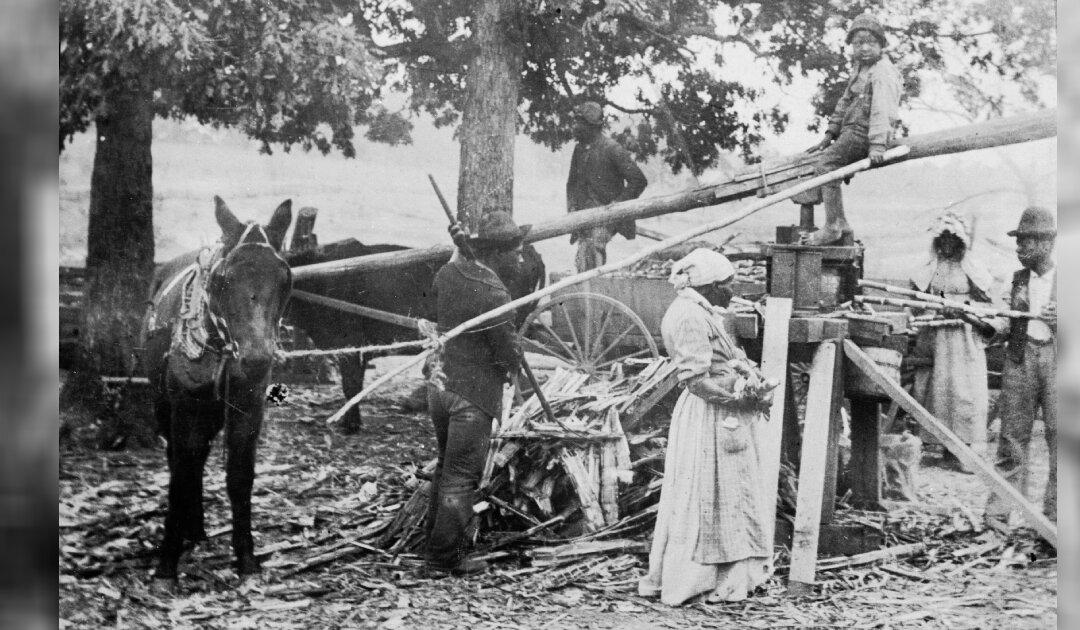Commentary
Recently, The New York Times Magazine unveiled the “1619 Project,” a series of stories, interviews, and essays that commemorate the 400th anniversary of when slavery began in the country that would become the United States.

Recently, The New York Times Magazine unveiled the “1619 Project,” a series of stories, interviews, and essays that commemorate the 400th anniversary of when slavery began in the country that would become the United States.